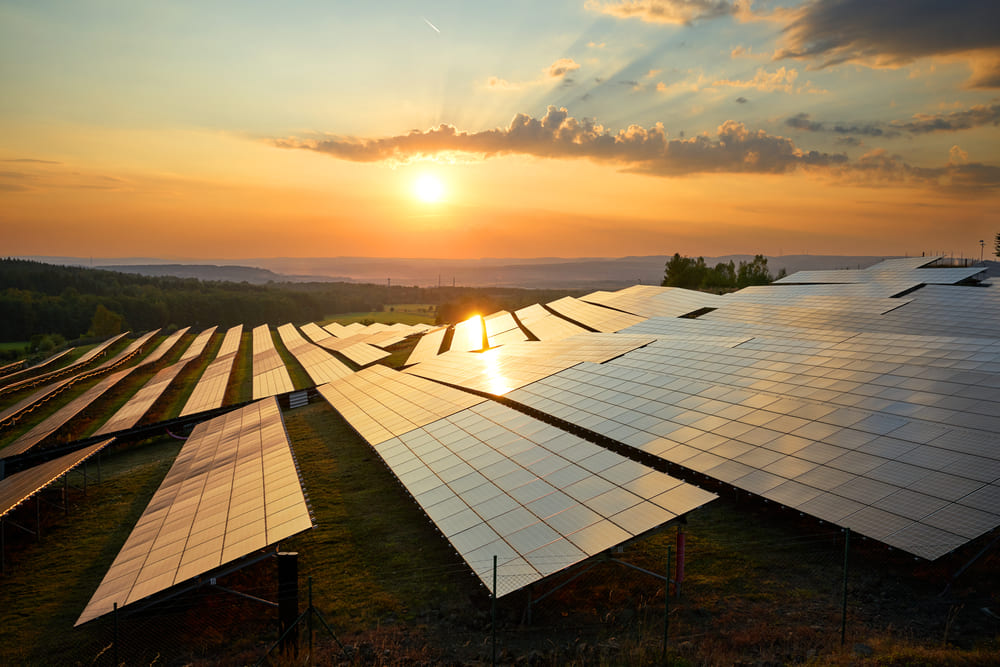
In recent years, the global energy market has experienced a surge in energy prices, prompting several governments in the Asia-Pacific (APAC) region to reassess their climate targets. To address these challenges, governments are increasingly turning to alternative strategies.
One key approach involves setting rooftop PV targets, which allow governments to meet their renewable goals without the need for large land spaces required for utility-scale solar projects.
Additionally, there has been a renewed interest in nuclear power across the region, according to GlobalData.
GlobalData’s latest report, Asia Pacific Renewable Energy Policy Handbook 2024, highlights the impact of the Russian invasion of Ukraine on Japan’s energy prices, leading the country to rethink its nuclear policy.
Despite initial reluctance following the Fukushima disaster, Japan has introduced new policies to ensure a stable energy supply while aiming for a decarbonised society.
GlobalData Power Analyst Attaurrahman Ojindaram Saibasan stated that Japan launched the New Basic Energy Plan until 2030 in February 2023 — making significant changes to its nuclear policy and indicating intentions to restart suspended nuclear power plants.
Similarly, South Korea has placed significant focus on nuclear power in its tenth basic plan (2024-2038), aiming to increase the nuclear power share to 32.4 per cent in its generation mix.
Despite reducing incentivised support for renewables, China has successfully increased its renewable capacity, particularly through solar installations.
In 2021, the National Energy Administration (NEA) of China mandated the use of solar PV on residential and commercial rooftops.
This mandate required a certain percentage of rooftops to be covered with solar PV modules by the end of 2023.
India has also embraced the trend of growing rooftop solar installations.
In January 2024, the Indian government launched the Pradhan Mantri Suryodaya Yojana (PMSY) scheme, targeting 10 million households to receive rooftop solar (RTS) power systems.
Saibasan concludes that the introduction of the PMSY scheme is expected to boost rooftop solar PV installations in India, similar to China’s success.
The scheme aims to provide households with 300 units of free monthly solar electricity, encouraging the adoption of rooftop solar PV systems amidst rising electricity prices.
The trends observed in the Asia-Pacific region reflect a significant shift towards renewable energy sources, driven by both economic and environmental considerations.
Governments are increasingly recognising the importance of these sources in achieving energy security and sustainability.












